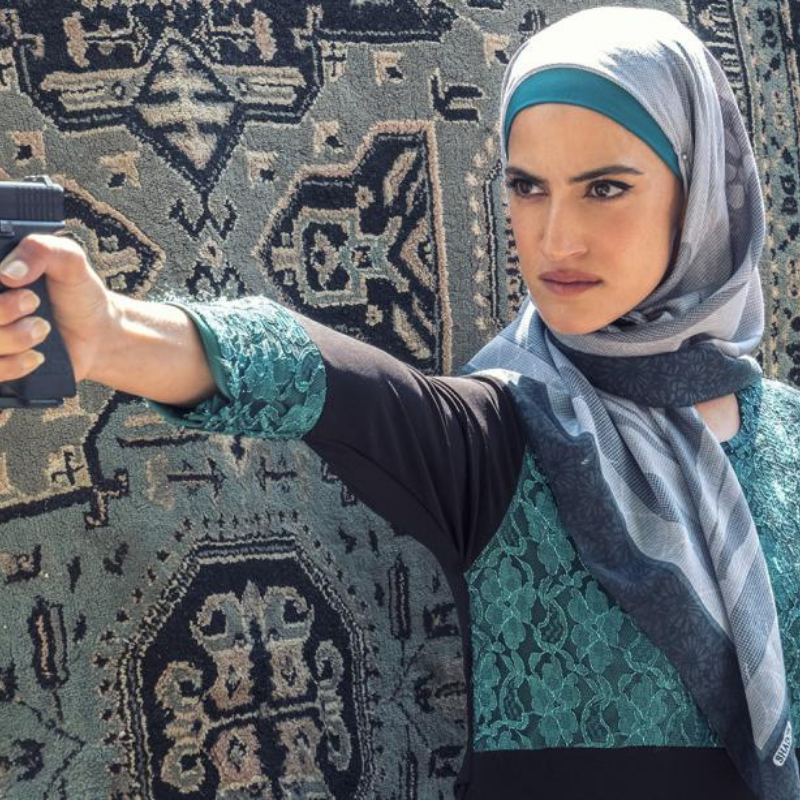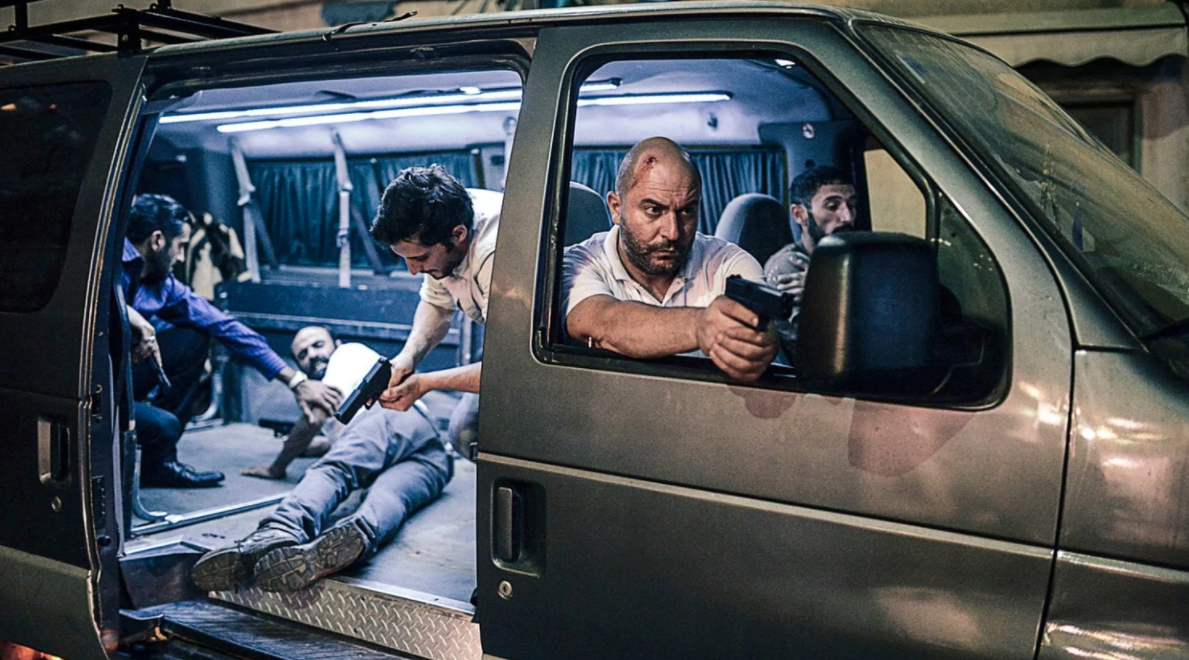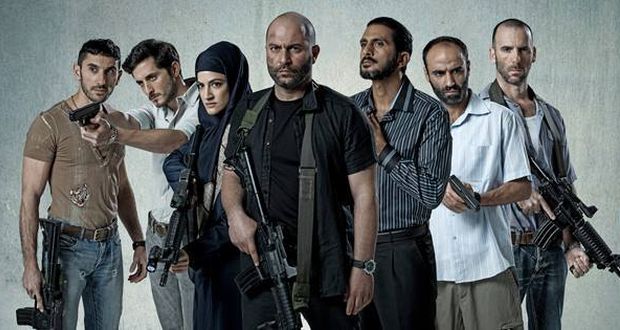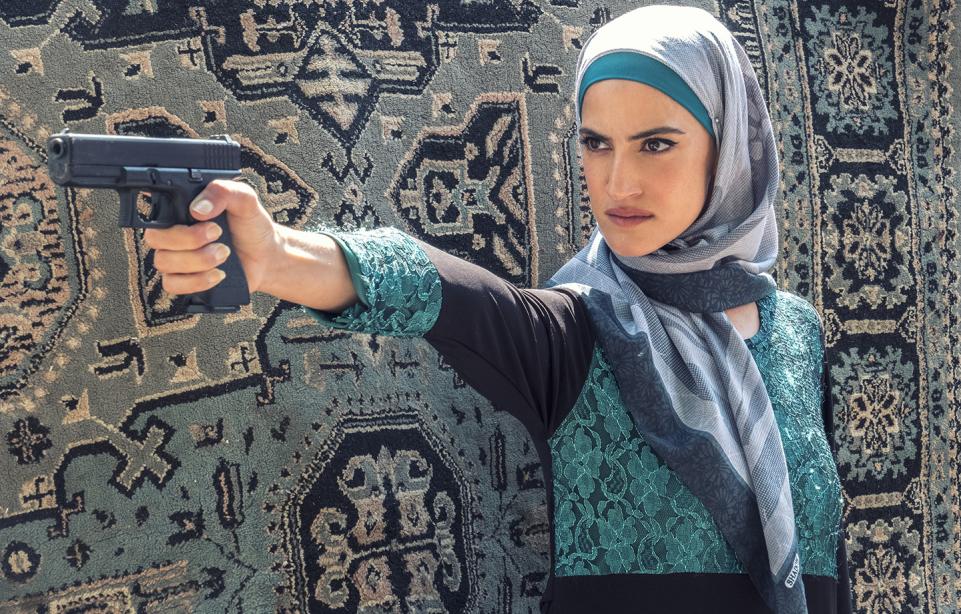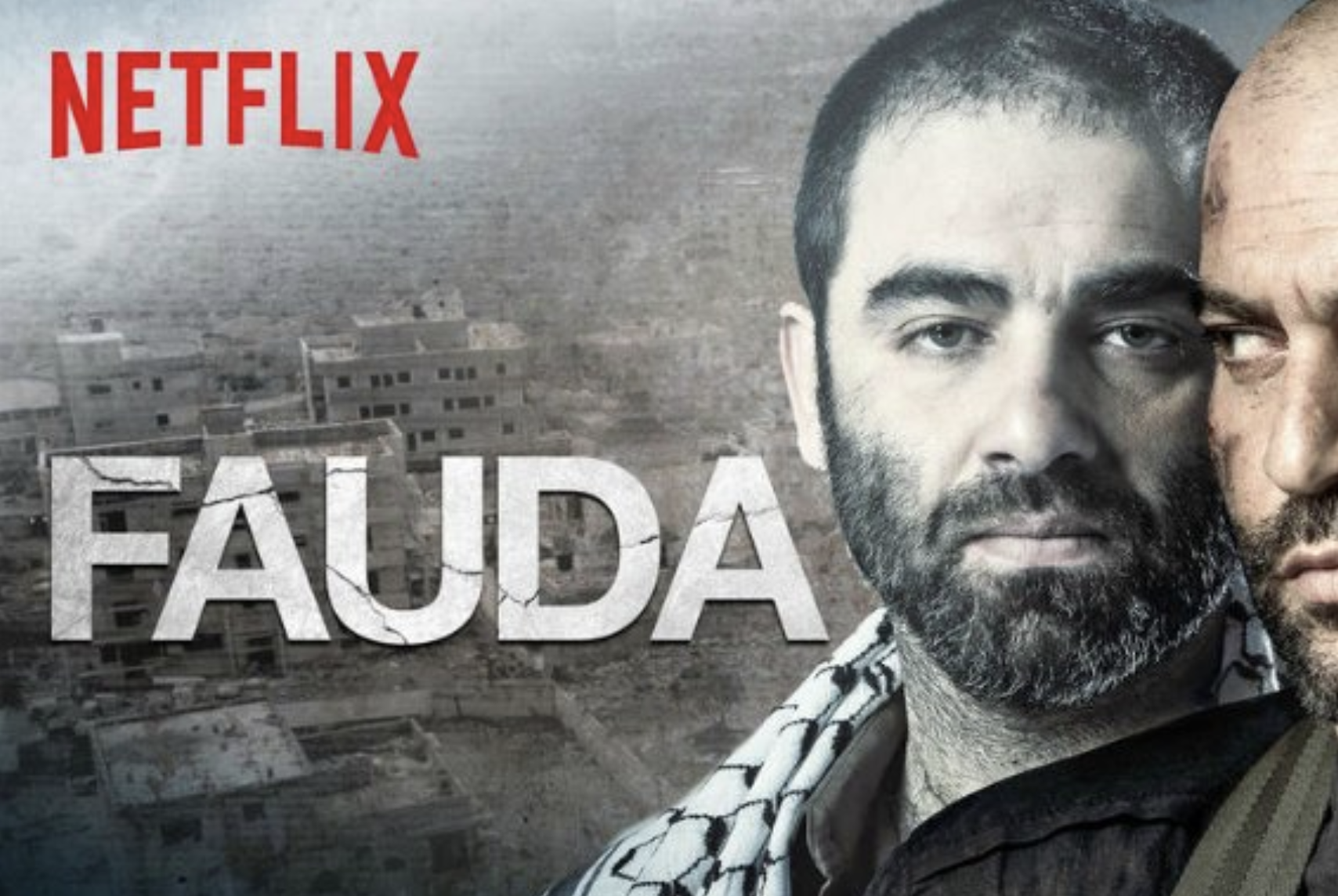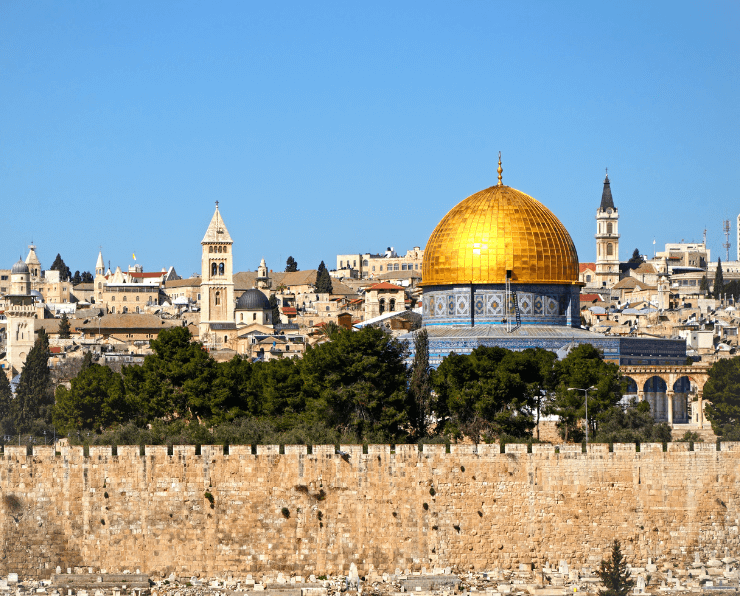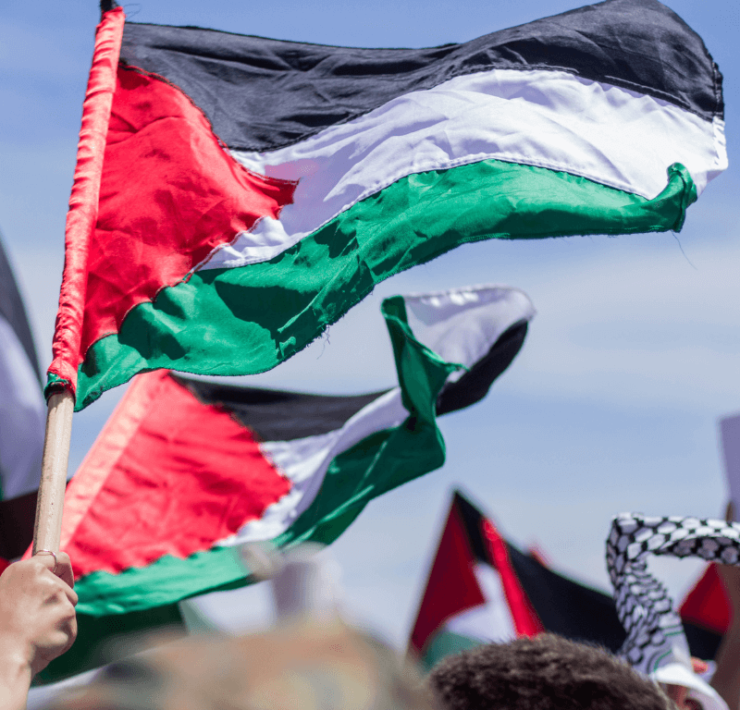A Netflix series focusing on the Israeli/Palestinian conflict is taking the Middle East by storm.
Fauda follows the activities of the mista’arvim, an elite Israeli special forces unit who are trained and immersed in Palestinian culture in order to carry out undercover operations. The show has been praised and criticised by both sides for its portrayal of the conflict. But love it or hate it, everyone – from the Israeli special forces to Hamas – is watching it.
Fauda – which means ‘chaos’ in Arabic – was created by Lior Raz (who also plays the lead character, Doron) and Avi Issacharoff, a specialist in Arab affairs and journalist in the West Bank. The pair previously served together in an elite special forces unit responsible for carrying out covert operations against high-profile Palestinian militants by going undercover with local communities.
So rather than being a figment of Hollywood’s imagination like many TV and film depictions of the conflict, the show builds on Raz and Issacharoff’s own experiences and gives a unique insight into how these covert units operate.
The show has been praised for portraying the conflict in a more balanced way, showing violence and humanity on both sides. It focuses not only on the soldiers and the militants themselves, but also on their families and the impact of the war on the lives of their loved ones.
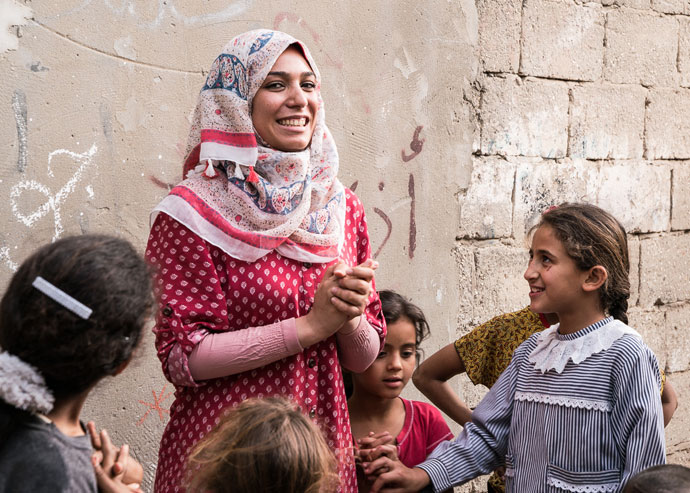
“We wanted to show how they [militants and their families] live, their experiences, the price they’re paying for their actions. For the Israeli audience we open a window for them to see how people live over there.” – Lior Raz, Co-Creator & lead actor (image: women and children in Palestine – Trocaire)
The show is the first of its kind to encourage compassion for the other side. It shows how innocent people – both Israeli and Palestinian – are often dragged into the conflict when they’re just trying to live their lives.
An example of this is the character of Shirin Al Abed, a Palestinian doctor who faces a moral conflict when militants in her family force her to surgically insert a bomb into a captured Israeli soldier. Shirin’s portrayal as a strong female protagonist also breaks with the traditional narrative of Arab women as victims and secondary characters that is so often portrayed in TV and film about war and terrorism.
“We wanted to bring the complexity of this conflict to audiences, not only the undercover units and what they do, but also what it looks like on the other side, the Palestinian side,” – Avi Issacharoff, Co-Creator
The popularity of the show across the Middle East has surprised many, drawing in both Israeli and Palestinian fans. Some say this is down to ‘confirmation bias’ – when people can enjoy the same thing but for completely different reasons, because it confirms what they already believe to be true.
In Fauda, every character is both a good guy and a bad guy. For many viewers, the point of view or side that resonates most with them depends on their pre-conceived view of the conflict itself. So, people who are sympathetic to the Israeli cause might focus on the violence perpetrated by the Palestinian characters and the suffering of the Israeli characters, and vice versa.
 Nurit, an Israeli character played by Rona-Lee Shim’on, dressed as a Palestinian on an undercover mission
Nurit, an Israeli character played by Rona-Lee Shim’on, dressed as a Palestinian on an undercover mission
But not everyone has enjoyed the show: Fauda has faced criticism from some viewers who accuse the Israeli producers of profiting from the occupation and the suffering of Palestinians. Hamas has also labelled the show “Zionist propaganda” – though that didn’t stop it from posting a link to stream the show on its website.
The creators of Fauda have defended the show, saying that the intention was to address issues that they, and many other Israelis and Palestinians find it difficult to talk about. They insist that they want Fauda to show that people on both sides of the conflict are paying a price.
They also hope the show will force people to ask controversial questions about military operations, morals and ethical codes of conduct, and encourage people on both sides of the conflict to see each other in a different light.
“I wanted Israeli and Palestinian viewers to identify, perhaps for the first time, with their perceived enemies, to recognize the other’s fragile humanity. The road for peace is long and troubled but I believe, perhaps naively, that it starts with recognising the other for what he is, for what we all are: human beings.” – Assaf Bernstein, Director
If you enjoyed this, you might also like:
Iran’s city of lies: Extraordinary stories of love, sex and death in Tehran
5 Instagram accounts that show a different side to Syria
Mohammed bin Salman: 5 things you need to know about the most powerful man in Saudi Arabia

